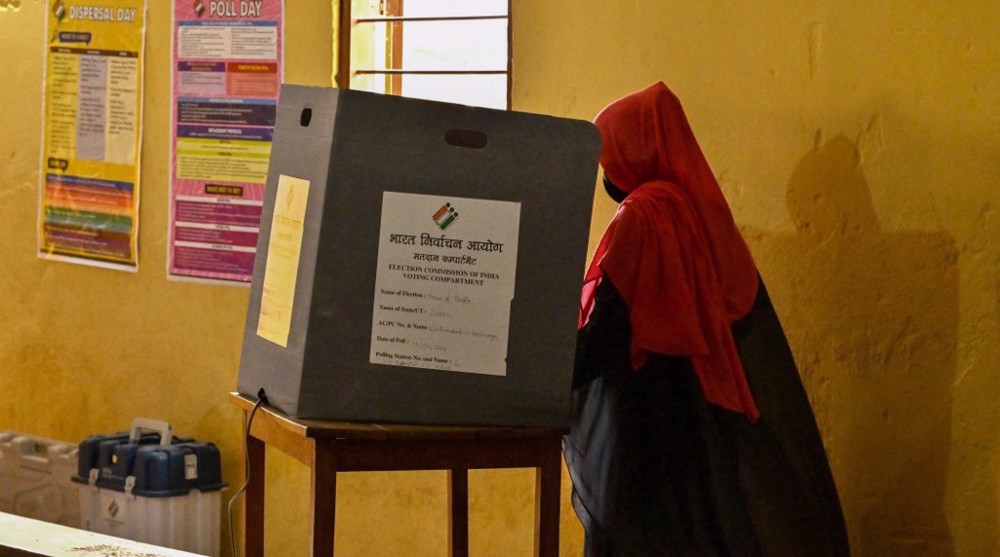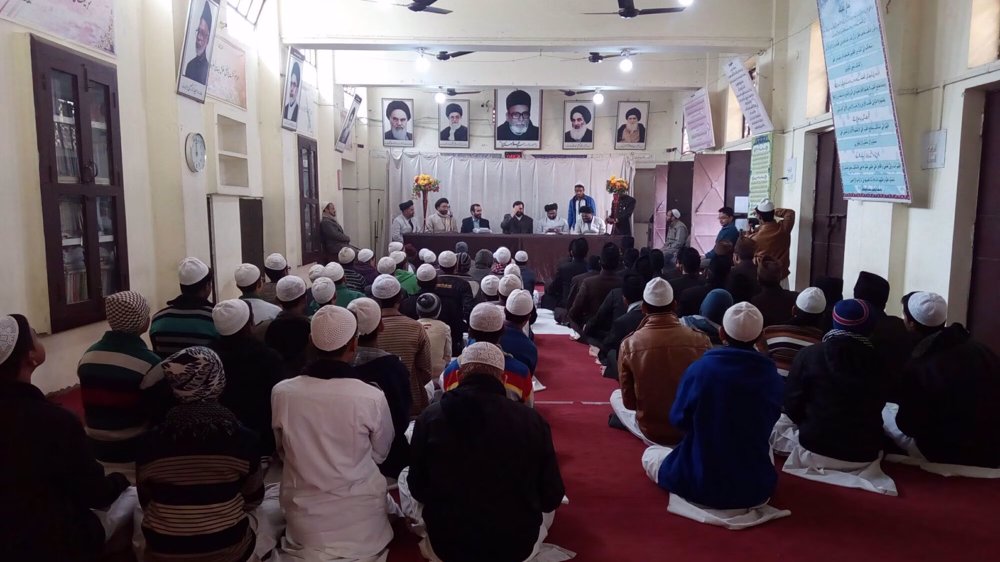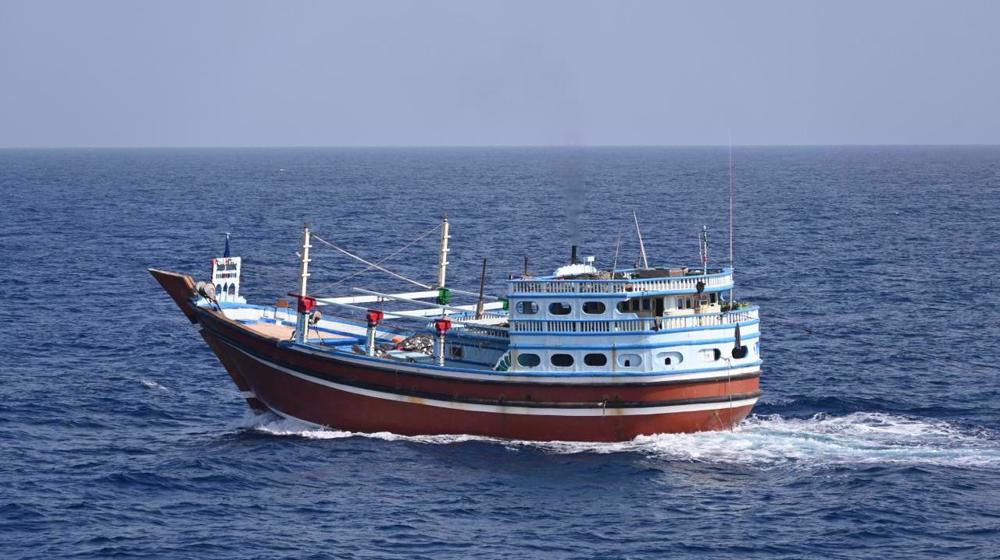Indian MPs, legislators elect president from lowest Dalit caste
Indian lawmakers and provincial legislators have elected a new president from the country's lowest and poorest Dalit caste.
The election commission announced Thursday that Ram Nath Kovind, who belongs to the downtrodden Dalit community, won the position with more than 65 percent of the vote by members of India's Parliament and state assemblies.
Nearly 5,000 Indian lawmakers and provincial legislators from across the country voted to elect the new president for a five-year term.
The 71-year-old former lawyer and state governor was nominated by Prime Minister Narendra Modi's Bharatiya Janata Party (BJP) for the largely ceremonial post.
The opposition Congress Party also put forward a Dalit candidate, a former parliamentary speaker, Meira Kumar.
The ruling party, however, assembled enough electoral college votes to push through its candidate and the outcome was expected.
Kovind will be sworn in as India's 14th president on Tuesday.
Modi on Twitter extended congratulations to Kovind on his election. "Congratulations to Shri Ram Nath Kovind Ji on being elected the President of India! Best wishes for a fruitful and inspiring tenure."
Kovind, former governor of the northern Indian state of Bihar, described his election as an "emotional moment."
"It has been raining in Delhi since morning, and reminds me of my childhood in our ancestral village home, where we siblings used to huddle around the walls to avoid water from the leaking roof when it rained," he said in a sobering address after being declared president-elect.
"Even today the country will have so many Ram Nath Kovinds working as daily wagers, farmers ... sweating for their next meal. I want to tell them that I am going to the 'President House' as their representative."
Elsewhere in his remarks, Kovind said his election to the highest office of the land underscored the strength of India's democracy. "I never thought or aimed for this office ... I will work to protect the Indian constitution."
Reports indicate celebrations have erupted in Kovind's home state of Uttar Pradesh with drumming and cheering in cities and villages.

This is only the second time since independence that a head of state has been chosen from the marginalized group.
Political experts say the election of Kovind would help Modi tighten his grip on power. It will also accrue political capital by sending an important message to the Dalits, a long-disdained electoral group once known as "untouchables."
Dalits, who number around 200 million in the nation of 1.3 billion, are among India's poorest communities and relegated to the margins of society.
Despite legal protection, discrimination is rife against the Dalit community across the country. They are routinely denied access to education and other advancement opportunities.
India's prime minister wields executive power, but the president plays a guiding role in the process of forming governments.
VIDEO | Iranians hold nationwide demos in support of IRGC
Syria condemns US veto of Palestine UN membership resolution
Iraqi resistance forces hit Israeli Ovda air base
Hackers break into Israeli military’s computers, access trove of documents
Tulkarm Brigade commander killed by Israeli forces in raid on refugee camp
Zionist media desperately trying to turn Israeli defeat into victory: Iran
VIDEO | Press TV's news headlines
Iran censures US veto of Palestinian request for full UN membership










 This makes it easy to access the Press TV website
This makes it easy to access the Press TV website